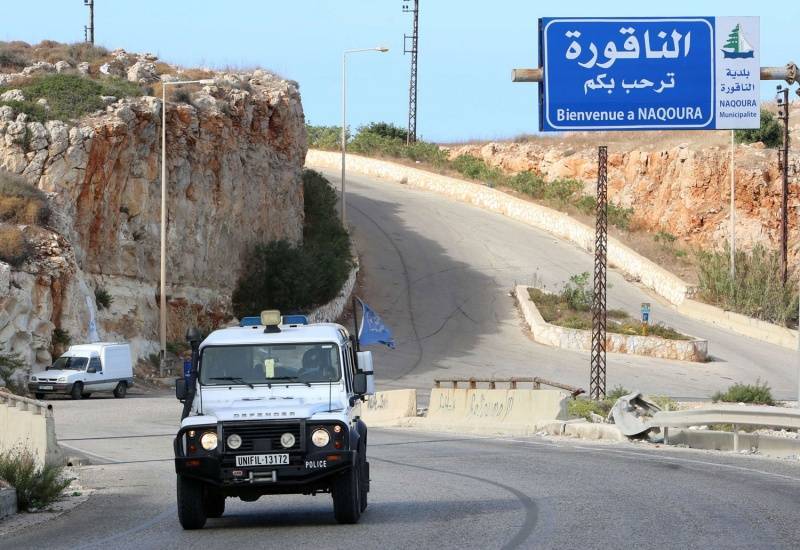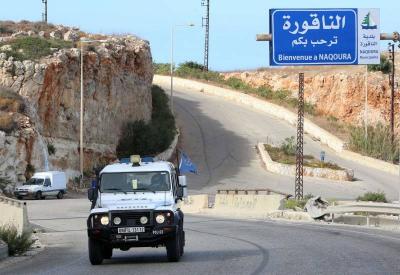Israeli Energy Minister Karine Elharrar stated that her country is ready to revive efforts to resolve its dispute with Lebanon over the demarcation of their territorial waters in the Mediterranean, but will not accept Beirut imposing negotiation terms. The U.S.-mediated talks began a year ago in an attempt to resolve the dispute that has delayed exploration in an area that could be rich in gas. The discussions halted in May.
U.S. Special Envoy Amos Hochstein is expected to visit both countries this month in an effort to give new momentum to the negotiations, as Lebanon has sought clarifications from the international community after Israel awarded a contract to the American oil services company Halliburton for exploration off the coast.
Elharrar told Reuters in an interview in Paris, "We need to look for a solution that leads to significant progress and not try to think in the old ways of drawing lines." She added that she would speak to Hochstein soon.
At the end of the talks in May, Lebanese President Michel Aoun indicated that he preferred not to have preconditions. He rejected U.S. mediator proposals that called for negotiations based on the border lines between Israel and Lebanon, which have already been referred to and registered with the United Nations.
Elharrar said, "We started (the negotiations) with one line, then they (the Lebanese) pushed the line. They keep pushing and pushing the lines literally." She continued, "This is not how negotiations are conducted. They cannot dictate the lines."
The previous talks stalled after each side submitted conflicting maps illustrating the proposed boundary lines, which already increased the contested area. Israel is already extracting gas from massive offshore fields, while Lebanon, which has not yet found commercially viable gas reserves in its waters, faces its worst economic crisis since the civil war from 1975 to 1990.
Since the talks stalled, the acting Lebanese Prime Minister and the Ministers of Defense and Public Works have agreed on a draft decree that would expand Lebanon's claims and add approximately 1,400 square kilometers to its exclusive economic zone.
Elharrar stated, "We share a gas field and we need to find a solution on how to use it in a way that allows each side to get its fair share." She added, "We are ready to give the matter another push."




